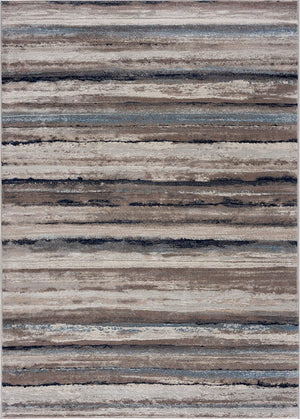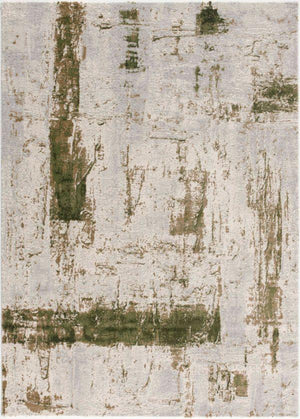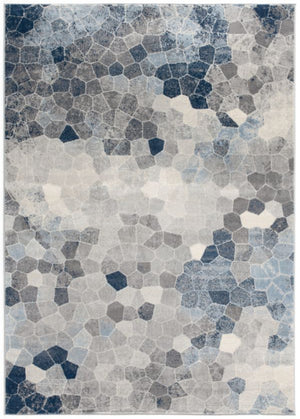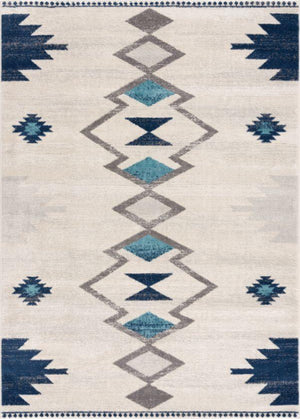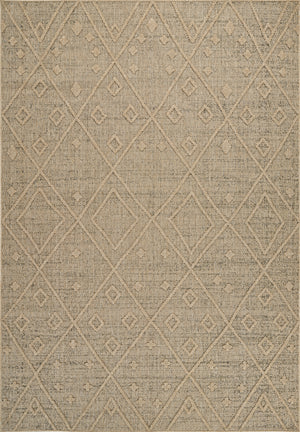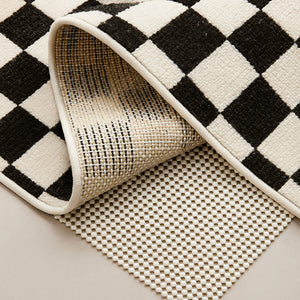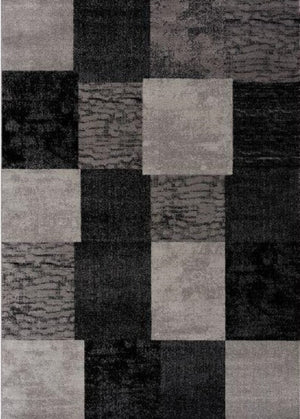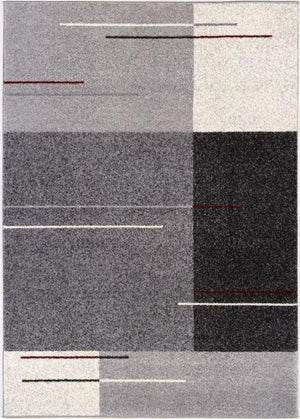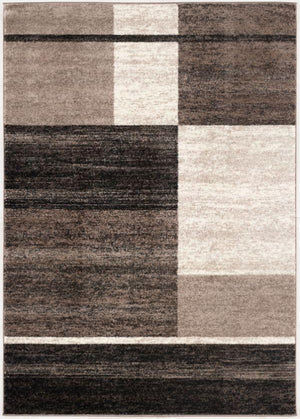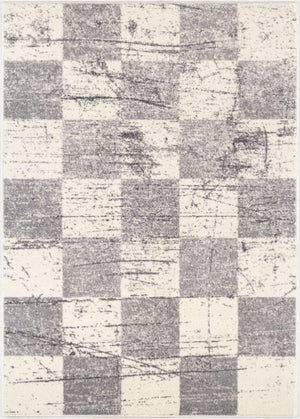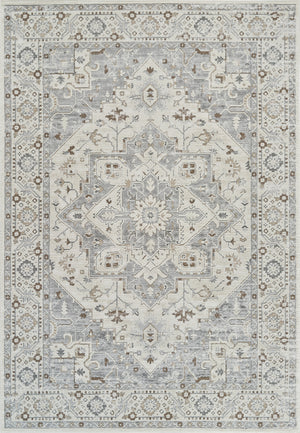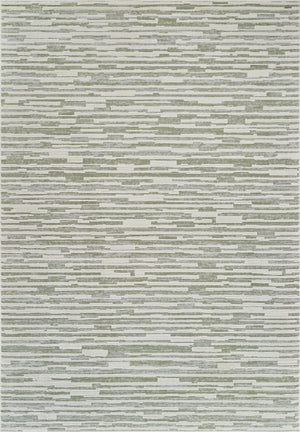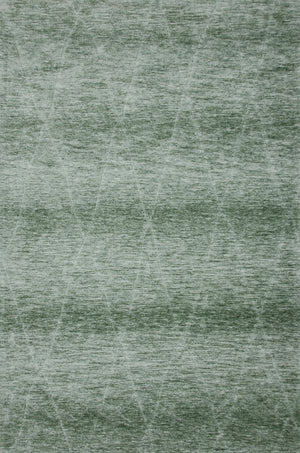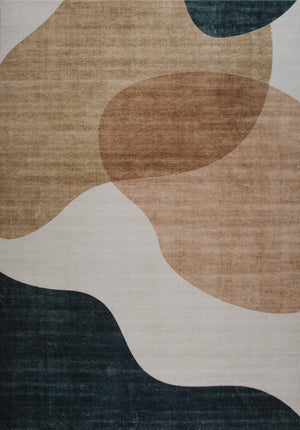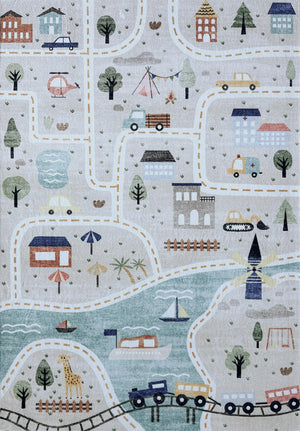
Les tapis sont-ils nocifs pour les allergies ? Guide complet des tapis hypoallergéniques
Partager
Si vous ou un membre de votre famille souffrez d'allergies, choisir un revêtement de sol adapté peut faire toute la différence en termes de confort et de santé. Nombreux sont ceux qui se demandent si les tapis sont nocifs pour les allergies. En réalité, si certains types de tapis peuvent piéger les allergènes, il existe également des options hypoallergéniques idéales pour les personnes allergiques. Cet article explore le lien entre tapis et allergies, met en avant les meilleurs tapis pour les personnes sujettes aux réactions allergiques et donne des conseils pour les garder propres et minimiser les symptômes.
Les tapis sont-ils mauvais pour les allergies ?
La question de savoir si les tapis sont nocifs pour les allergies se pose souvent pour les personnes souffrant fréquemment d'allergies dues aux tapis. Les tapis, en particulier ceux fabriqués avec certains matériaux, peuvent retenir la poussière, le pollen et les squames d'animaux, aggravant ainsi les symptômes tels que les éternuements, la toux ou les démangeaisons oculaires. Cependant, avec un entretien approprié et le bon type de tapis, vous pouvez profiter de la chaleur et du style d'un tapis sans déclencher de poussées d'allergie.
Comprendre les allergies et leurs déclencheurs
Les allergies sont causées par une réaction excessive du système immunitaire à des substances inoffensives comme les acariens, les squames d'animaux et le pollen. Ces allergènes peuvent s'accumuler dans les tissus comme les tapis, en particulier ceux à poils longs qui emprisonnent les particules au plus profond des fibres. Si vous présentez des symptômes d'allergie aux tapis , tels que congestion nasale, démangeaisons cutanées ou larmoiements, votre revêtement de sol actuel pourrait contribuer à votre inconfort.
Pourquoi les tapis peuvent aggraver les allergies
L'une des principales raisons pour lesquelles les tapis peuvent aggraver les allergies est leur capacité à piéger et à retenir les allergènes au fil du temps. Mal entretenus, ils peuvent abriter des acariens, des moisissures et d'autres irritants, ce qui aggrave les symptômes d'allergie . Les tapis à poils longs, en particulier, sont plus susceptibles d'aggraver ces problèmes, car leurs fibres plus profondes favorisent l'accumulation des allergènes.
Types de tapis et leur impact sur les allergies
Choisir le bon tapis peut réduire considérablement les allergènes dans votre maison. Voici les points à prendre en compte lors de l'achat d'un tapis hypoallergénique.
Tapis en fibres synthétiques ou naturelles
Lorsque vous choisissez entre des tapis en fibres synthétiques et naturelles, les options synthétiques, comme le nylon et le polyester, ont tendance à être plus hypoallergéniques. Ces matériaux sont moins susceptibles d'abriter des acariens et des moisissures que les fibres naturelles comme la laine. Si vous recherchez les meilleurs tapis hypoallergéniques pour les personnes allergiques , privilégiez les matières synthétiques, faciles à nettoyer.
D'autre part, certains tapis en fibres naturelles comme le coton et le jute peuvent également être de bonnes options car ils ont tendance à perdre moins de poils et à ne pas retenir autant d'allergènes que la laine.
Tapis à poils longs ou à poils ras
Les tapis à poils longs sont moelleux et confortables, mais ils sont plus susceptibles d'emprisonner les allergènes au plus profond de leurs fibres. Si vous craignez des allergies, optez plutôt pour un tapis à poils ras. Leurs fibres sont plus courtes, ce qui les rend plus faciles à nettoyer et moins susceptibles de retenir les allergènes. Les tapis sont-ils mauvais pour les allergies ? Pas nécessairement, mais les tapis à poils ras sont généralement plus sûrs pour les personnes allergiques.
Meilleurs tapis pour les personnes allergiques
Pour les personnes allergiques, choisir le bon tapis est crucial. Voici les meilleurs types de tapis pour réduire les allergènes dans votre maison.
Tapis hypoallergéniques
Les tapis hypoallergéniques sont conçus pour minimiser la quantité d'allergènes qu'ils retiennent. Privilégiez les tapis étiquetés hypoallergéniques, généralement fabriqués à partir de matériaux résistants aux moisissures et aux acariens. Le nylon, le polyester et d'autres fibres synthétiques sont couramment utilisés dans ces types de tapis et peuvent réduire considérablement l'impact des allergènes sur votre santé.
Tapis faciles à nettoyer
Une autre option pour les personnes allergiques est de choisir des tapis faciles à nettoyer. Pour les nettoyer, il faut passer l'aspirateur régulièrement et faire appel à un professionnel de temps en temps. Les tapis lavables en machine ou traités antitaches sont plus faciles à entretenir, ce qui contribue à réduire l'accumulation de poussière et d'autres allergènes au fil du temps.
Comment minimiser les allergies avec des tapis
Même avec des tapis hypoallergéniques, un entretien régulier est essentiel pour préserver votre maison des allergènes. Voici quelques conseils pour minimiser les allergènes dans les tapis.
Entretien régulier des tapis
Passer l'aspirateur régulièrement sur votre tapis est essentiel pour soulager les allergies . Utilisez un aspirateur équipé d'un filtre HEPA, conçu pour retenir les particules allergènes les plus fines. Essayez de passer l'aspirateur au moins une fois par semaine, voire plus fréquemment si vous avez des animaux.
Nettoyage professionnel vs. nettoyage à faire soi-même
Pour un nettoyage en profondeur, pensez à faire appel à un professionnel spécialisé dans les méthodes hypoallergéniques. Cependant, de nombreux tapis, surtout les plus petits, peuvent être lavés à la maison. Consultez les instructions d'entretien du fabricant pour vous assurer des techniques de nettoyage appropriées. Les tapis sont-ils allergènes ? Ce n'est pas forcément le cas si vous les entretenez correctement !
Alternatives aux tapis pour les personnes allergiques
Si vous constatez que les tapis provoquent encore des allergies, vous pourriez envisager des alternatives. Les parquets, le carrelage ou les revêtements de sol en vinyle peuvent réduire les allergènes, car ils ne retiennent pas la poussière et les débris comme le font les tissus. Cependant, si vous recherchez la chaleur et le confort d'un tapis, un tapis à poils ras et hypoallergénique, nettoyé régulièrement, peut vous offrir le meilleur des deux mondes.
Tapis ou moquette
Si vous hésitez entre les tapis et la moquette, sachez que les tapis sont généralement la meilleure option pour les personnes allergiques. Plus faciles à nettoyer, à remplacer et à déplacer, ils réduisent les risques d'accumulation d'allergènes à long terme. Ils permettent également une meilleure circulation de l'air en dessous, minimisant ainsi le risque de moisissures ou d'accumulation de poussière.
Sous-tapis et autres solutions
En plus de choisir le bon tapis, pensez à utiliser un sous-tapis hypoallergénique. Ces sous-tapis empêchent les allergènes de s'accumuler sous le tapis, facilitant ainsi le nettoyage de la pièce. De plus, un sous-tapis offre un soutien supplémentaire et prolonge la durée de vie de votre tapis.
Conclusion : Découvrez les meilleurs tapis hypoallergéniques chez Rug Branch
En conclusion, les tapis ne doivent pas être une source d'inconfort pour les personnes allergiques. En choisissant les meilleurs tapis hypoallergéniques , notamment des modèles hypoallergéniques et à poils ras, et en les entretenant correctement, vous pourrez profiter de leurs avantages esthétiques et fonctionnels sans aggraver vos symptômes d'allergie.
Si vous êtes prêt à trouver le tapis hypoallergénique idéal pour votre maison, visitez Rug Branch pour découvrir notre collection de tapis de haute qualité, élégants et hypoallergéniques. Que vous recherchiez un tapis douillet ou facile d'entretien, Rug Branch propose une large gamme d'options adaptées à vos besoins. Achetez dès maintenant et créez un espace confortable et sans allergènes pour votre famille !












